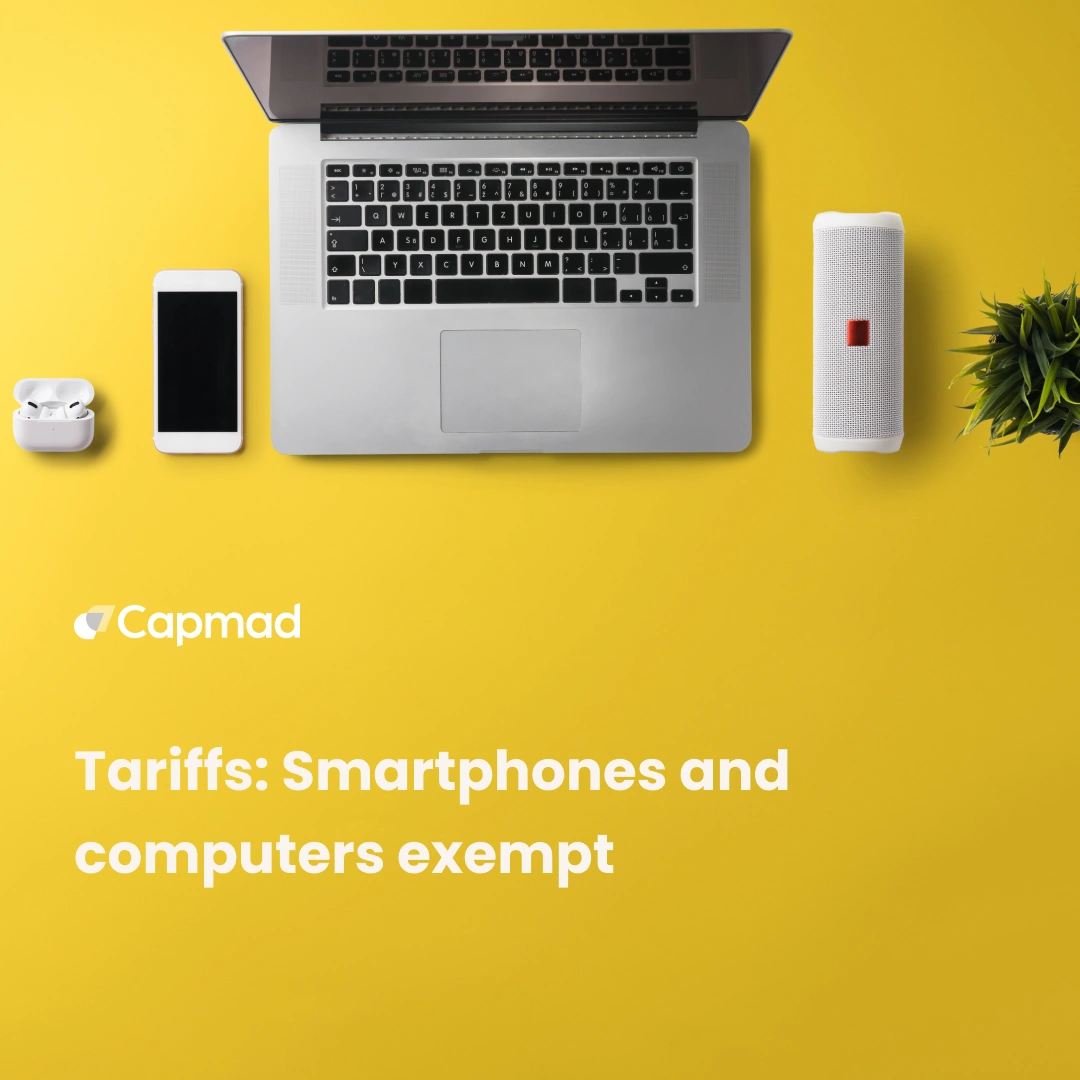Africa, a continent rich in natural resources and cultural diversity, continues to play an increasingly important role in the global economy. In 2024, the Gross Domestic Product (GDP) of African countries reflects not only their economic growth but also the challenges and opportunities they face. Capmad examines the GDP ranking of African countries in 2024, based on official data and economic analyses.
Introduction to GDP in Africa
GDP is a key indicator of a country’s economic health. This economic indicator measures the total value of goods and services produced within a given territory during a specific period. In Africa, GDP is influenced by various factors, including natural resources, agriculture, industry, and services.
In 2024, the African continent records significant variations in its economic performance. Some countries are showing positive growth, while others are grappling with structural challenges.
Top 5 Leading Countries by GDP in 2024
According to data from the World Bank and the International Monetary Fund (IMF), the African countries standing out by their GDP in 2024 are as follows:
- South Africa: With a GDP of approximately USD 373 billion, South Africa continues to be the leading economic power on the continent. The country benefits from a developed mining sector and relatively advanced infrastructure.
- Egypt: With a GDP of USD 347 billion, Egypt ranks second. The country records sustained growth thanks to economic reforms and an increase in foreign investments.
- Algeria: With a GDP of approximately USD 266 billion, Algeria heavily relies on its oil and gas exports but is seeking to diversify its economy.
- Nigeria: With an estimated GDP of about USD 252 billion, Nigeria remains one of the largest countries in Africa in terms of GDP. Its growth is supported by the oil sector, but also by increasing diversification in agriculture and services.
- Ethiopia: With a GDP of USD 205 billion, Ethiopia is one of the fastest-growing economies on the continent, supported by investments in infrastructure and agriculture.
Economic Performance Analysis
Economic Growth
In 2024, several African countries exhibited impressive GDP growth rates. For example, Ethiopia records a growth rate of 7.5%, while Nigeria experiences a growth rate of 3.2%. These figures show that despite the challenges, some countries manage to maintain a positive dynamic of African economic growth in 2024.
Economic Challenges
Many African countries face significant challenges. Corruption, political instability, and internal conflicts continue to hinder economic development. Despite its vast natural resources, the Democratic Republic of Congo has a GDP of only USD 60 billion in 2024 due to instability and conflicts.
Africa GDP 2024: Countries Completing the Top 10
The countries ranked from 6th to 10th in terms of nominal GDP for 2024, based on the IMF’s World Economic Outlook.
Morocco: Stability and Innovation
Morocco’s strategic position and its focus on entrepreneurship and innovation strengthen its economy and global competitiveness with a GDP of USD 152 billion.
Kenya: The Economic Hub of East Africa
Driven by a dynamic entrepreneurial culture and a growing middle class, Kenya, with a GDP of USD 104 billion, is the leader in economic development in East Africa.
Angola: Diversifying for the Future
Although oil remains crucial, Angola, with a GDP of USD 92 billion, is actively pursuing economic diversification to reduce its reliance on oil exports.
Côte d’Ivoire: The Long-Awaited Comeback
After years of political turmoil, Côte d’Ivoire’s economy is booming with a GDP of USD 86 billion. The country is economically boosted by strategic investments and a favorable business climate.
Tanzania: Natural Wealth and Potential
Rich in natural resources and agricultural diversity, Tanzania, with its GDP of USD 79 billion, offers significant investment opportunities.
Key Sectors of the African Economy
Agriculture
Agriculture remains an essential pillar of the African economy, representing about 15% of the continent’s GDP. Countries like Nigeria and Ethiopia are investing in agriculture to improve food security and reduce poverty.
Industry
The industrial sector, although less developed than agriculture, plays a growing role in the economy. South Africa, for example, has a diversified manufacturing sector that significantly contributes to its GDP.
Services
The services sector, including tourism and information technologies, is experiencing rapid growth. Kenya has become a technological hub in East Africa, attracting significant investments in startups.
Like the Africa GDP Ranking 2023, the 2024 ranking highlights the economic disparities on the continent. While some countries show significant growth, others continue to face structural challenges. Nonetheless, Africa has enormous potential for the future, and with appropriate policies and strategic investments, it could become a key player in the global economy.








